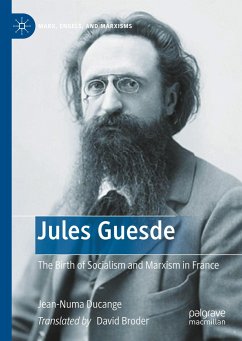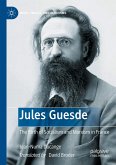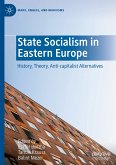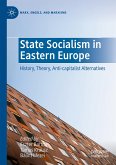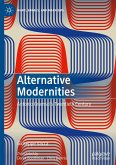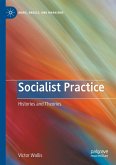What explains France's unique Left? Many works have reflected upon the importance of Marxism in France, yet few studies have been devoted to the man who did most to introduce Marxism into its political culture: the today near-forgotten figure of Jules Guesde. It was with Guesde that Karl Marx drafted the world's first Marxist program, and Guesde who aroused the enthusiasm of countless worker-militants who saw him as their most important leader. Jules Guesde represents the first book-length study of the French socialist leader translated into the English language. For the radical Left today, Guesde is often considered a dogmatist who supported the Union sacrée during World War I and rejected the Bolshevik revolution; for the governmental Left, he embodies an intransigent ideologue who held back the modernization of the French Left. Throughout Jules Guesde, Jean-Numa Ducange argues that it is impossible to study the history of the French socialist movement without a close look at this singular figure and offers a fuller picture of the deep transformations of the Left and Marxism in France from the late 19th century up to the present.
This scholarly biography of Jules Guesde seeks to put Guesde's record on a properly historical footing, closely analysing both archival sources and accounts by his contemporaries. Chapter One begins with his early life and the mark left on him by the Paris Commune and exile. Chapter Two emphasises Guesde's importance as leader of a distinct current of French socialism, recognised by figures like Karl Marx and Friedrich Engels. Chapter Three sees Guesde become an MP for working-class Roubaix, exploring the contradictions between his revolutionary rhetoric and concrete political practice. Chapter Four turns to the years following his electoral defeat in 1898 and his renewed intransigence in the period of the Dreyfus affair and rivalry with Jaurès. Chapter Five explores his key role inthe formation of aunited Socialist Party. Chapter Six examines the test of World War I and Guesde's anguish at the divisions of French socialism. The book then concludes with an examination of Guesde's contested legacy, as both a "founding father" and figure subject to often pejorative framings.
This scholarly biography of Jules Guesde seeks to put Guesde's record on a properly historical footing, closely analysing both archival sources and accounts by his contemporaries. Chapter One begins with his early life and the mark left on him by the Paris Commune and exile. Chapter Two emphasises Guesde's importance as leader of a distinct current of French socialism, recognised by figures like Karl Marx and Friedrich Engels. Chapter Three sees Guesde become an MP for working-class Roubaix, exploring the contradictions between his revolutionary rhetoric and concrete political practice. Chapter Four turns to the years following his electoral defeat in 1898 and his renewed intransigence in the period of the Dreyfus affair and rivalry with Jaurès. Chapter Five explores his key role inthe formation of aunited Socialist Party. Chapter Six examines the test of World War I and Guesde's anguish at the divisions of French socialism. The book then concludes with an examination of Guesde's contested legacy, as both a "founding father" and figure subject to often pejorative framings.
"French historian Jean-Numa Ducange has written an accessible, well-researched, and largely sympathetic biography of Guesde. Ducange's biography not only rescues Guesde from neglect but shows how indispensable he was to introducing Marxism into France and making it a political force to be reckoned with." (Doug Enaa Greene, Counterpunch, counterpunch.org, January 3, 2021)

